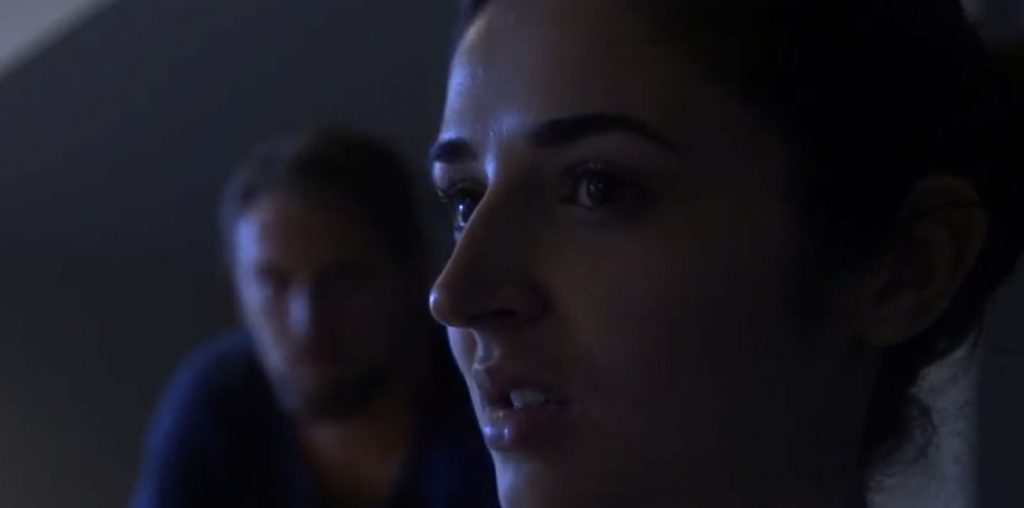
Be prepared. Be prepared to be shocked, infuriated, depressed, and terrified. Viewers of Robert Kane Pappas’s documentary “Orwell Rolls in His Grave” will experience this range of emotions and it’s absolutely vital in order to process fully the issues and arguments presented. Indicated by its title, Pappas’s documentary is about a “1984” reality that is slowly turning from fiction into fact. Pappas goes directly to the meat of his documentary with footage of former CNN and ABC news producer Danny Schechter giving a speech where he asks if the American people live in a democracy or a mediacracy. Media is supposed to check political abuse, instead it’s part of the abuse.
Before stepping in front of the camera to share how and why he decided to study the role of media and government, Pappas narrates “Could a media system controlled by a few global corporations with the ability to overwhelm all competing voices be able to turn lies into truth?” The director started making the documentary when Iran hostage situation was coming to an end and the nation was going through a gas crisis. Pappas observed the way that news was covered was changing as evidenced by Rupert Murdoch’s New York Post headlines.
Gas Stations Running Dry!
Hot, Humid, & No Gas!
Gas Crunch Hits the City!
Murdoch’s name is repeatedly brought up in the documentary as an example of the danger in the growing power of media corporations. Scholars, congressmen, and former news producers corroborate and elaborate on Pappas’s concerns. “Orwell Rolls in His Grave” addresses the ways in which the dissemination of information is controlled, marketed, and prioritized by a few large companies (Murdoch, Cox, AOL Time Warner, etc). Consumers have countless cable channels, record labels, film studios, radio stations, newspapers, and magazines at their disposal, but who owns them? Aurora Wallace, professor of Communication Studies at NYU, points out that “there’s an illusion of choice.” Utilizing this issue as a foundation, Pappas criticizes the 2000 Presidential Election, the FCC, and the weakening of American democracy. Charles Lewis, founder of The Center for Public Integrity, says that “in the 60s, three in four Americans trusted the government. Today, it’s one in four Americans.” The people are disillusioned. They don’t really feel represented in DC or in their states’ capitals. Professor Robert W. McChesney, founder of MediaReform.net and author of “Rich Media, Poor Democracy,” adds that the American people are being de-politicized. They don’t care about politics and they’ve given up on believing the government is working for the people.
“Orwell Rolls in His Grave” is comprised of title cards, still photos, interviews, the director’s voice-overs, and news footage. It covers numerous topics but moves with such fluidity that you never lose track of the documentary’s direction. Anyone who watches “Orwell Rolls in His Grave” could potentially seek a career analyzing the ever-tightening relationship between media and politics…or start a revolution.
